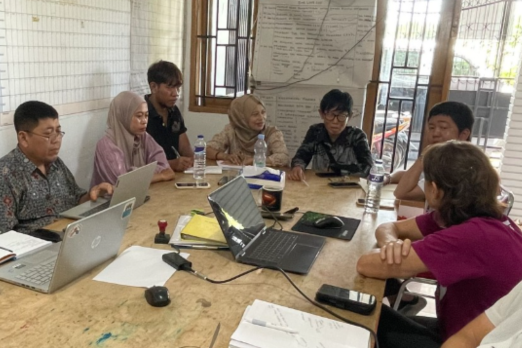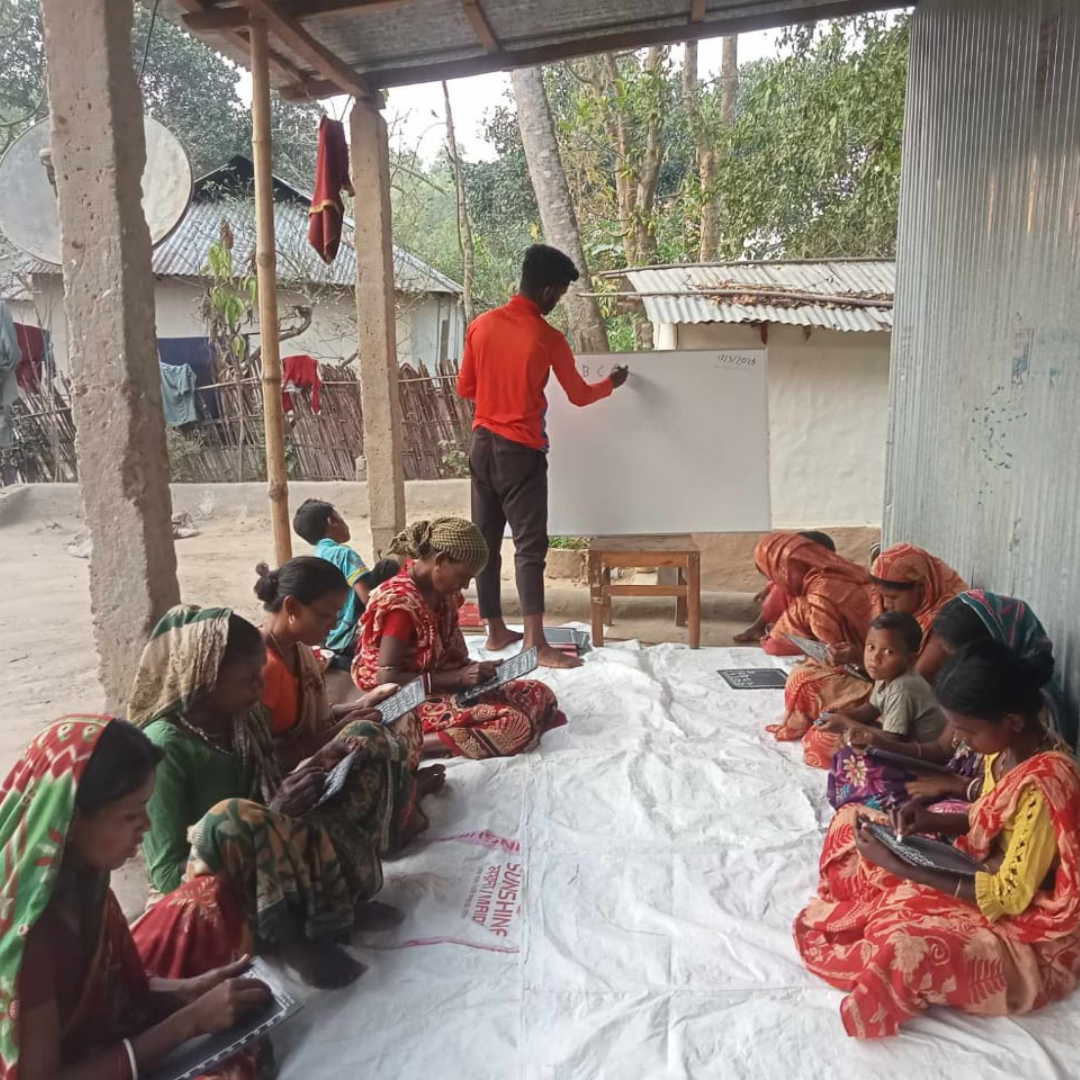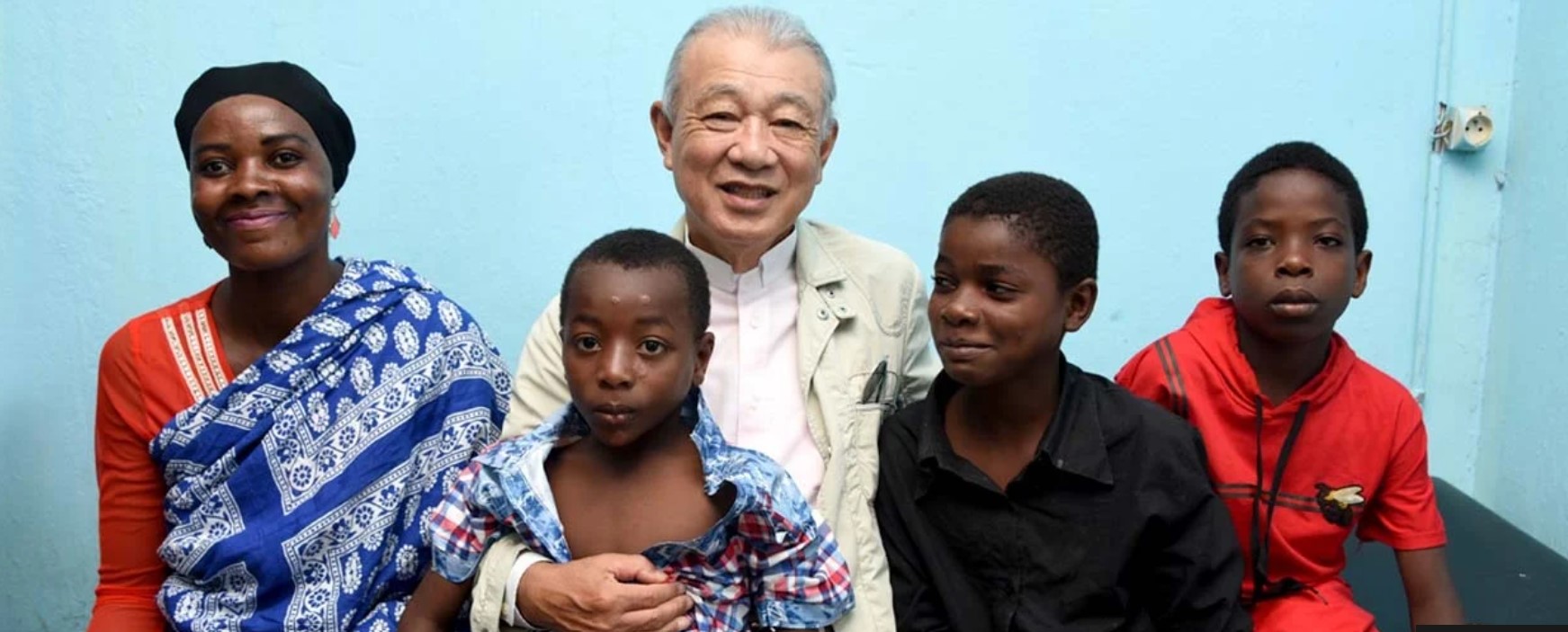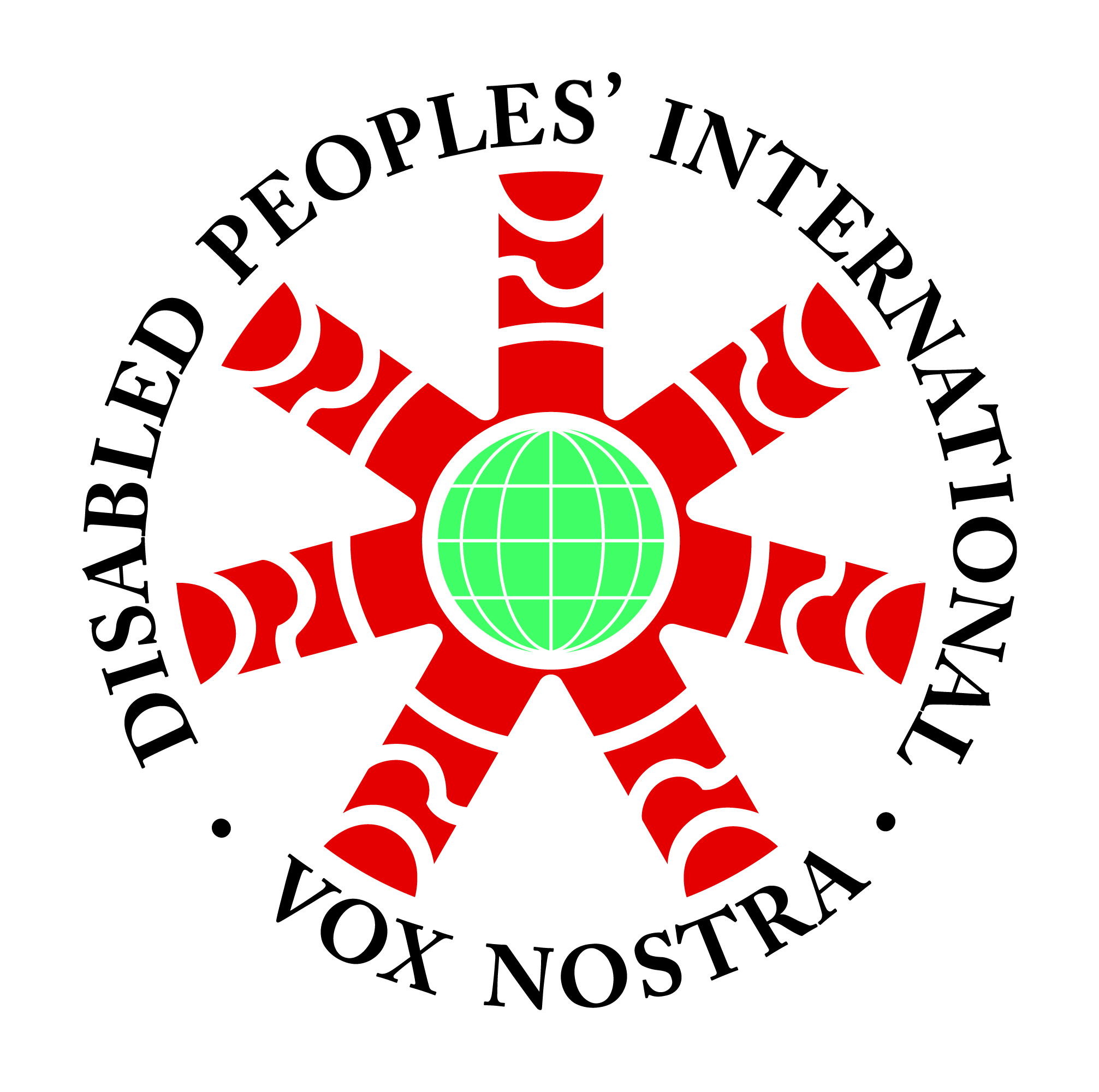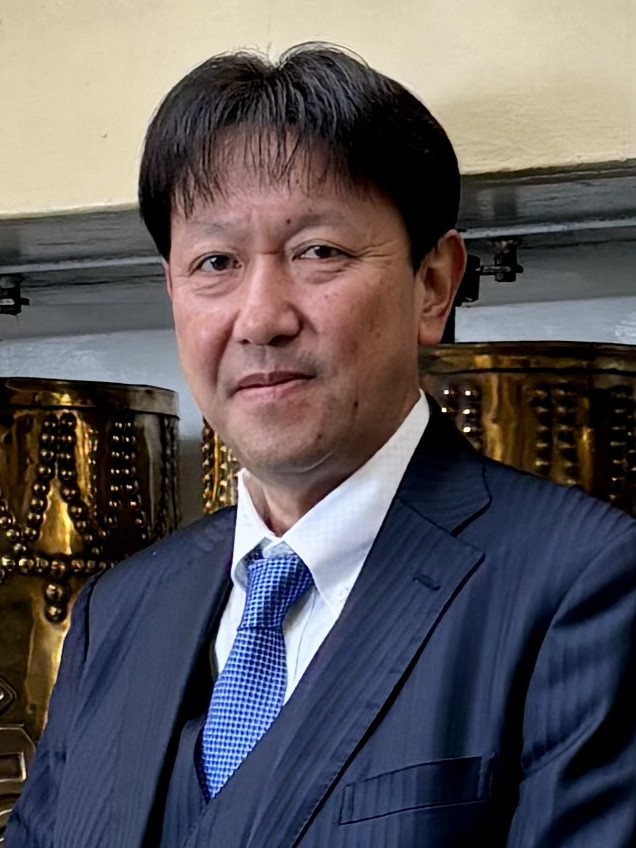
Dr. Takahiro Nanri
President, Sasakawa Health Foundation
Dr. Nanri holds a Ph.D. in community development and has dedicated his career to supporting and empowering vulnerable people. After serving for seven years as Executive Director of the Sasakawa Health Foundation, he assumed the role of President in June 2024.
https://www.shf.or.jp/en
The Sasakawa Leprosy (Hansen’s Disease) Initiative has been supporting persons affected by leprosy for over 30 years, since the 1990s. This support can be described in terms of three phases.
Phase 1: Promoting representation
In the first phase, the Initiative supported persons affected by leprosy to stand up and speak for themselves at international forums and policy-making venues. For instance, we arranged the first-ever opportunities for persons affected by leprosy to speak at the International Leprosy Congress (1993) and the United Nations Sub-Commission on the Promotion and Protection of Human Rights (2005). Persons affected by leprosy are now actively engaged in various spheres of the international community.
Phase 2: Encouraging organization
In the second phase, the Initiative supported persons affected by leprosy in forming and developing their own organizations so that they could empower themselves and represent their collective voices. Thus far, 37 organizations in 22 countries have received assistance. To provide a platform where representatives of these organizations could gather and exchange information, the Initiative began holding a “Global Forum of People’s Organizations on Hansen’s Disease” every three years, starting in 2019. The third forum is scheduled to take place July 4–6, 2025, in Bali, Indonesia.
This year, the Initiative is also launching a project focused on strengthening the management capabilities of 11 organizations in Africa. The first workshop was held in Senegal, March 8–11, 2025. Each of the four participating organizations developed a strategy and an action plan, which will be implemented with our support.
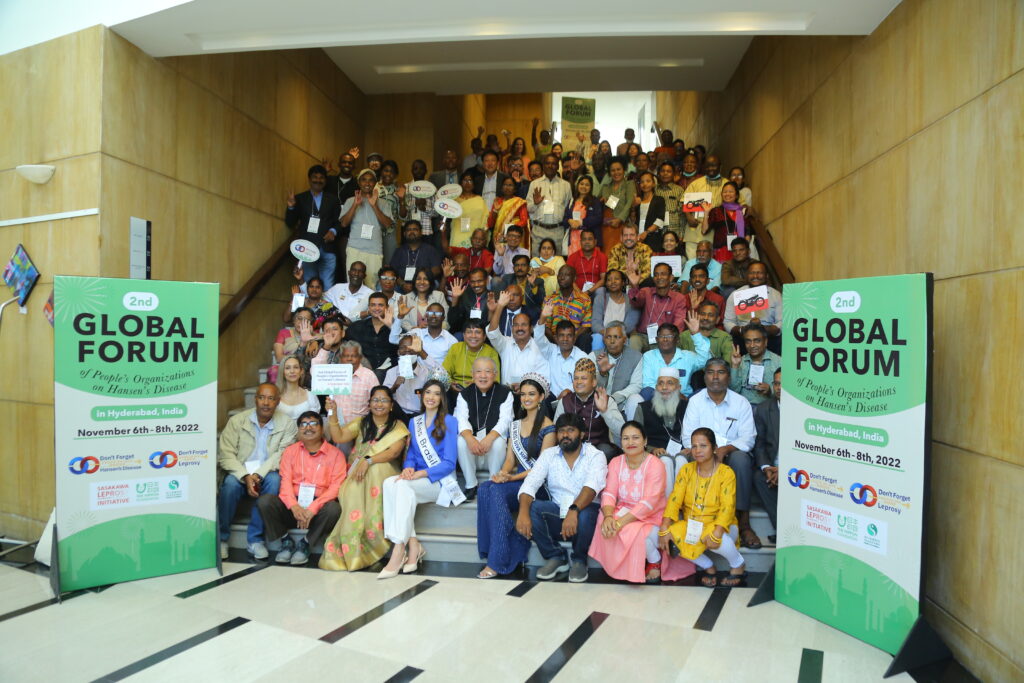
Phase 3: Nurturing leaders
The third phase has been built around the theme “development of next-generation leaders.” In fiscal year 2024, a pilot project called the “Sasakawa Leprosy Initiative (SLI) Young Scholar Program” was implemented in two countries: Colombia and Indonesia. Seven persons affected by leprosy between the ages of 18 and 35 were selected for their potential to become role models and future leaders. These “scholars” received education and training organized according to three components:
- Foundational knowledge (modules on leprosy, human rights, leadership, and organizational management as well as basic skills such as writing reports);
- Practical application (opportunities to plan and implement small-scale projects to support communities of persons affected by leprosy);
- Self-reliance (mentor-guided discovery of personal interests and strengths as well as tuition support for vocational schools and skill-building programs).
Initial results of the pilot project suggest that the scholars have increased their knowledge, motivation, and commitment to serving as role models for the community of persons affected by leprosy. For some participants, participating in the project opened a path to securing self-reliance through stable employment. Based on the results, the project is expanding in fiscal year 2025 to include two additional countries, India and Bangladesh, with a goal to support 100 scholars by 2030.
The primary beneficiaries of the Initiative’s vision for a leprosy-free world should be the persons affected by leprosy themselves. With this essential point in mind, we will continue to put persons affected by leprosy at the heart of all that we do.
